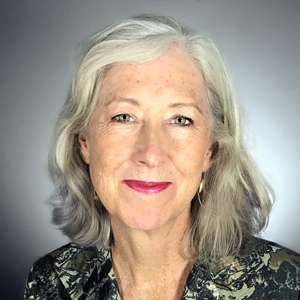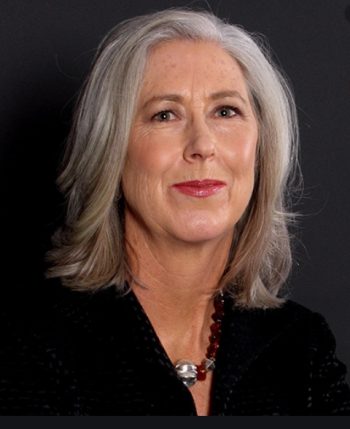


I’d written all these cover stories, I’ve won all these awards for my magazine, and I write a story that’s critical of something that he thinks is the right thing to do. It was a pretty critical story, and my editor said, “I don’t believe you,” in effect. Incontinence and impotence: More than half suffered these two or at least one or both of these side effects from the treatment. That’s probably a radical notion to many people in the room, but there were real problems with the test, and the treatment had a lot of downsides. There was no good evidence that the test was actually reducing the death rate from prostate cancer, but there was abundant evidence that the test was leading a lot of men to get treated unnecessarily for a cancer that would probably never have bothered them. I reported a story that said maybe it’s not such a great test. At the time, it was considered the new, great thing that was going to reduce prostate cancer deaths. The PSA test now is quite controversial and is in fact kind of a poster child for not such a great way to try to help people avoid dying of cancer. It’s a blood test that’s used to screen healthy men for early signs of prostate cancer. Many of the men in this room probably are well aware of the PSA test it’s the Prostate-Specific Antigen test. The story was about something called the PSA test. Then I came upon a story that in effect radicalized me and began my path to redemption. I was talking to readers, millions of readers, about all the great developments in biomedical research and all the great developments in medicine.

I thought that what I was doing was really helping people. I was the lead medical writer, and I wrote cover stories on all of the great medical breakthroughs that were often coming out of the NIH.

I was a writer at US News and World Report for 10 years. SHANNON BROWNLEE, M.S., Acting Director, New America Foundation, Health Policy Program Author, Overtreated Patient inquisitiveness is the best way to reverse a lack of involvement in treatment decisions.Įxcerpt from the program on September 30, 2011.


 0 kommentar(er)
0 kommentar(er)
